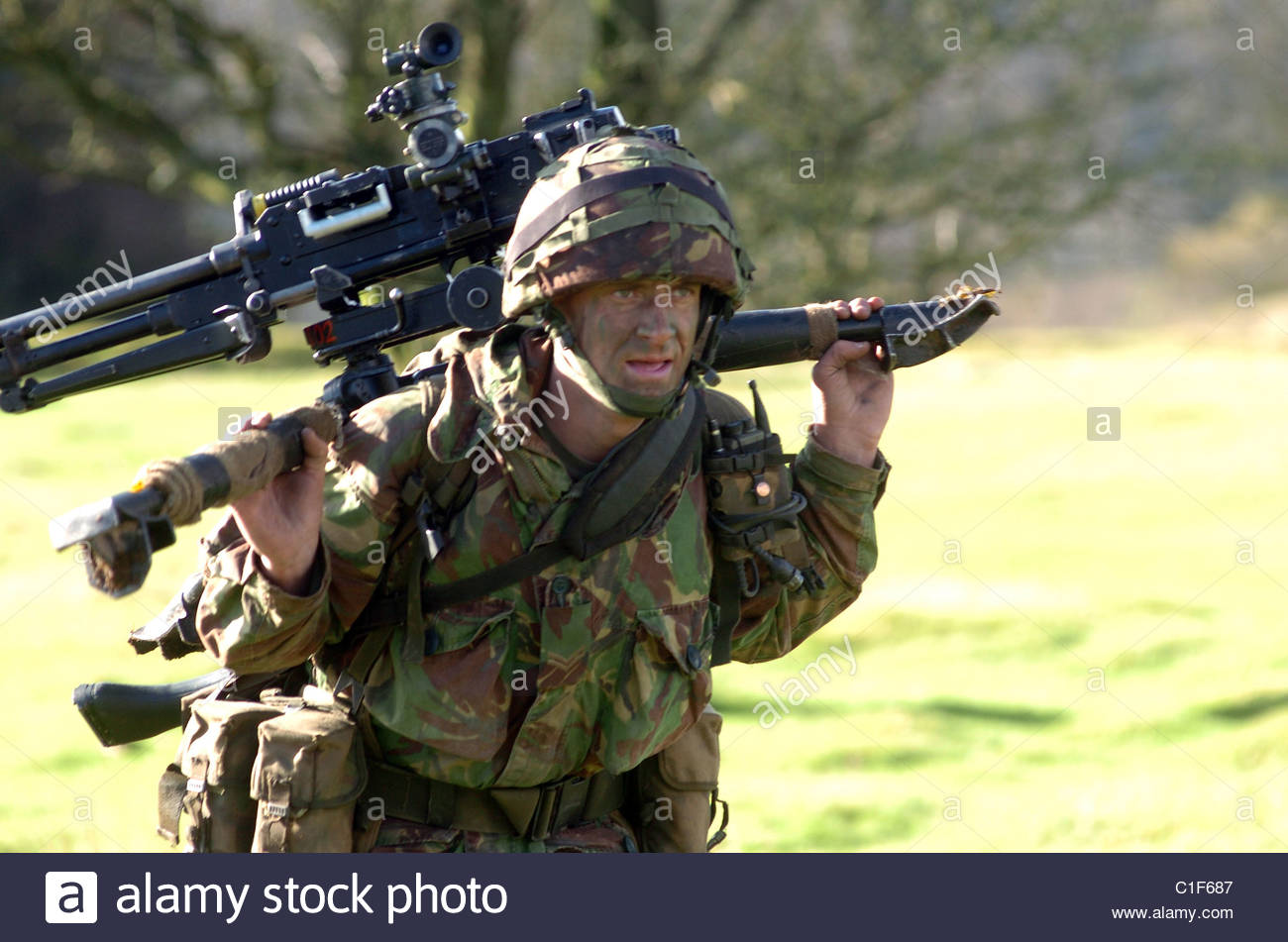In real history, most armies and war bands were mostly composed of young men mostly in their twenties with some older and younger men. Female warriors and soldiers have been comparatively rare. But even a comparatively minor part of military history would contain many thousands and probably millions of examples.
This list may be useful for examples of individual woman warriors and maybe a few all female military units.
http://www.rejectedprincesses.com/women-in-combat1
However, there have been military units composed of females.
The Dahomey amazons were apparently an rather elite unit in the mostly male forces of Dahomey.
https://www.google.com/search?q=dahomey+amazons&oq=Dahomy+a&aqs=chrome.1.69i57j0l5.6207j0j7&sourceid=chrome&ie=UTF-82
And during the desperate last stages of the Paraguayan War of 1864-1870 there were units of boys and units of women.
I have heard of units of Russian female warriors in WWII, though that was more modern warfare than fantasy stories depict.
Women in Battle by John Laffin (1967) probably contains many stories about individual female warriors. But it might mention other units of female warriors.
https://www.google.com/search?q=John+Laffin+Women+in+battle&oq=John+Laffin+Women+in+battle&aqs=chrome..69i57.8727j0j7&sourceid=chrome&ie=UTF-83
The thought has occurred to me that woman archers should be quite dangerous. I think that anyone shot by a woman or a child isn't going to complain that the arrow didn't hit hard enough.
Of course the average man could probably draw a bow more powerfully than the average woman and thus should be able to shoot at a woman at a distance where an average woman could not shoot back at him. But if the available materials for bow making limit the draw strength of bows enough that an average woman can draw and shoot a bow as well as an average man, women can be as good as men as archers. Mounted archers have been an important part of many armies in history. And if your world's horses are very small and light, perhaps average women could ride longer and faster than average men could and thus would be preferred as mounted archers.
In more modern and more push button warfare, women should be as effective as men despite differences in average strength.
I can imagine that in primitive aerial warfare where airships or airplanes cannot carry heavy loads, female pilots, navigators, and bombardiers may be preferred to males to save weight.
Similarly in early and comparatively low tech space warfare females could be preferred in order to reduce crew weight.


